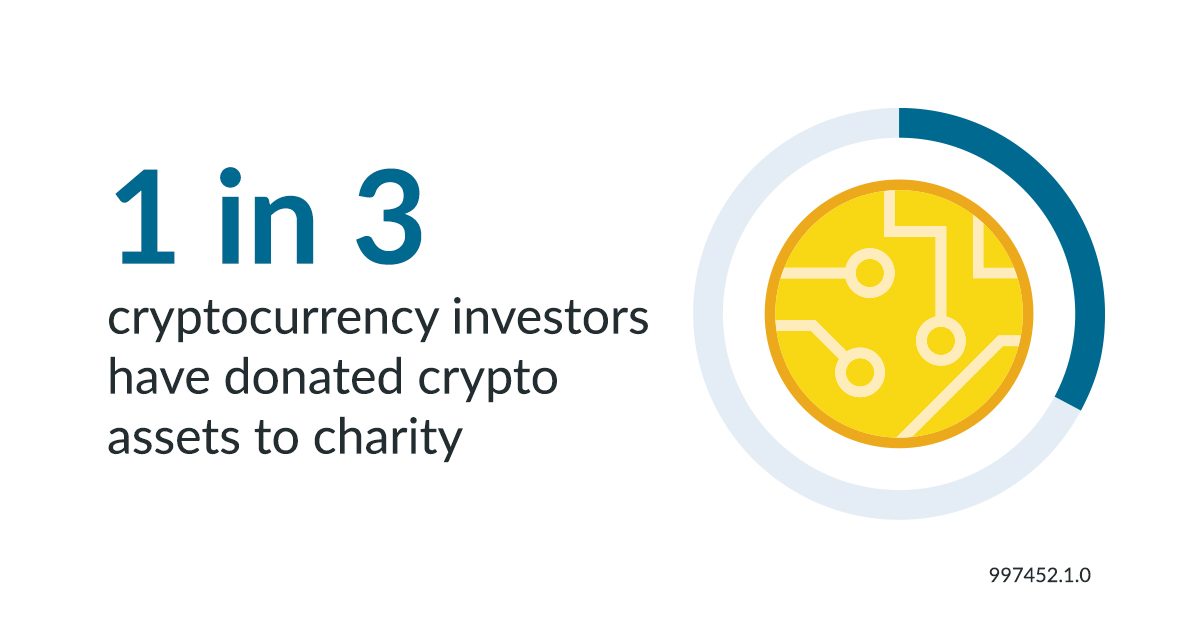The Philanthropic Power Of Cryptocurrency: A Guide To Donating Digital Assets For A Cause
The Philanthropic Power of Cryptocurrency: A Guide to Donating Digital Assets for a Cause

- Navigating The Crypto Market’s Choppy Waters: A Risk-Averse Investor’s Playbook
- The Harmony Of Blockchain And Music: Unlocking The Future Of The Industry
- Unlocking The Power Of Blockchain In Healthcare: A New Era Of Security, Transparency, And Patient Empowerment
- Navigating The Turbulent World Of Crypto Trading: A Deep Dive For Seasoned Enthusiasts
- Diversifying Your Crypto Portfolio With Stablecoins
In the world of finance, few concepts have generated as much excitement and controversy as cryptocurrency. While some see it as a speculative investment vehicle or a means of unbanking the unbanked, others have discovered a more altruistic application: charitable giving. In this article, we’ll delve into the realm of cryptocurrency donations, exploring the benefits, challenges, and strategies for using digital assets to make a positive impact.
Why Cryptocurrency Donations Matter
Cryptocurrencies offer several advantages over traditional payment methods when it comes to charitable giving. For one, they allow for greater transparency and accountability. By utilizing blockchain technology, donors can track the flow of funds and ensure that their contributions are being used as intended. Additionally, cryptocurrency donations often come with reduced transaction fees, meaning more of the donated amount reaches the intended recipient.
Another significant benefit is access. Cryptocurrencies can be transferred across borders with ease, making it possible for donors from around the world to support causes in regions where traditional payment methods might be inaccessible. This opens up a whole new world of possibilities for global charitable initiatives.
Challenges and Considerations
While cryptocurrency donations show great promise, there are several challenges and considerations to keep in mind. Firstly, the value of cryptocurrency can fluctuate wildly, which may impact the value of the donation. This means that donors and recipients must be prepared for volatility and potential losses.
Tax implications are another important consideration. In some jurisdictions, cryptocurrency donations may be subject to capital gains tax, while in others, they may be exempt. Donors should research the tax implications in their region to ensure they are giving in a tax-efficient manner.
Finally, there’s the issue of adoption. Not all charities are set up to accept cryptocurrency donations, and those that do may require specific setup or information from donors.
Strategies for Cryptocurrency Donations
So, how can you get started with cryptocurrency donations? Here are a few strategies to consider:
-
Choose a reputable platform: Look for platforms that specialize in cryptocurrency donations, such as BitPay or GiveTrack. These platforms handle the technical aspects of cryptocurrency transactions and often provide tools for tracking and verifying donations.
-
Research your charity: Before donating, ensure the charity you’ve chosen accepts cryptocurrency and can provide a clear understanding of how those funds will be used.
-
Consider dollar-cost averaging: To mitigate the impact of price volatility, consider using a dollar-cost averaging strategy, where you make regular donations at set intervals.
-
Collaborate with other donors: Join forces with fellow donors or organizations to pool resources and amplify the impact of your cryptocurrency donations.
-
Advocate for cryptocurrency acceptance: Encourage your favorite charities to begin accepting cryptocurrency donations by sharing your enthusiasm and providing support for those just starting out.
Cryptocurrency donations offer an exciting new frontier in philanthropy, one that combines the benefits of transparency, accessibility, and ease of transfer. While challenges and considerations exist, they can be navigated with care and planning. By embracing this innovative approach to charitable giving, donors can unlock new possibilities for global social impact and contribute to a more equitable and just world.
